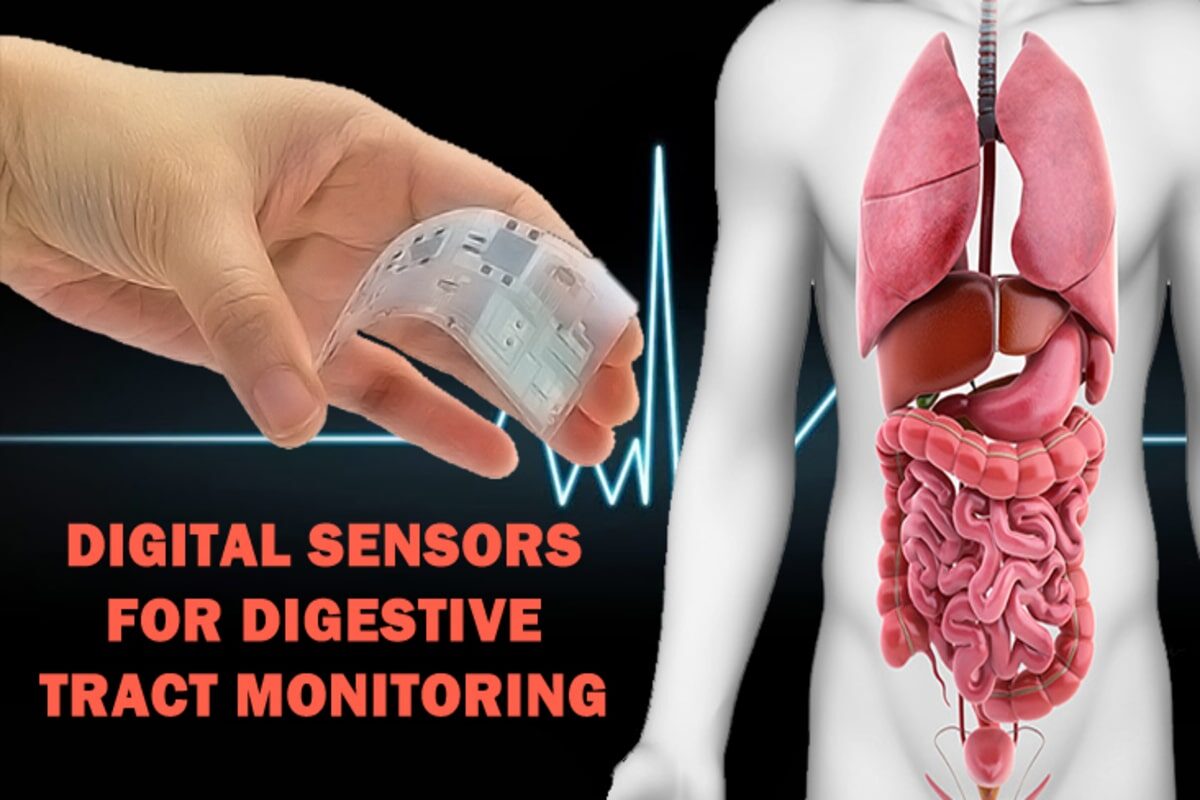Researchers at MIT and Brigham and Women’s Hospital have built a flexible sensor that adheres to the lining of the stomach or intestine and measures the rhythmic contractions of the digestive tract.
Such sensors can help doctors to diagnose digestive disorders that impair the motility of the digestive tract. Further, they can be used to measure the food intake in patients treated for obesity.
These flexible sensors are based on piezoelectric materials, which generate a current and voltage on mechanical deformation. Polymers with elasticity similar to that of human skin are also incorporated in the sensors so that they can conform to the skin and stretch when the skin stretches.
“Having flexibility makes it easier for a sensor to transit the human digestive tract and imparts significantly improved safety over rigid ingestible sensors,” says Giovanni Traverso, a research affiliate at MIT’s Koch Institute for Integrative Cancer Research, a gastroenterologist and biomedical engineer at Brigham and Women’s Hospital.
Traverso teamed with Canan Dagdeviren, an assistant professor in MIT’s Media Lab and the director of the Conformable Decoders research group to develop this flexible sensor that can be can be rolled up and placed in a capsule. The capsule gets dissolved after being swallowed.
The effectiveness of the sensors was tested in pigs, where they successfully adhered to the stomach lining after being delivered through an endoscope. These sensors transmitted information about how much voltage was generated that helped researchers to calculate the movements of the stomach wall. They could also distinguish when food or liquid was ingested.
“For the first time, we showed that a flexible, piezoelectric device can stay in the stomach up to two days without any electrical or mechanical degradation,” says Dagdeviren.




